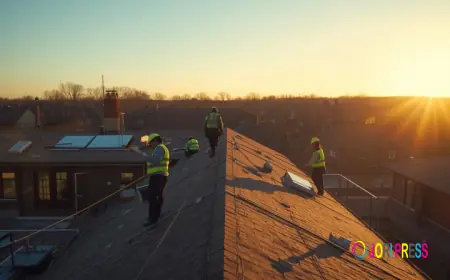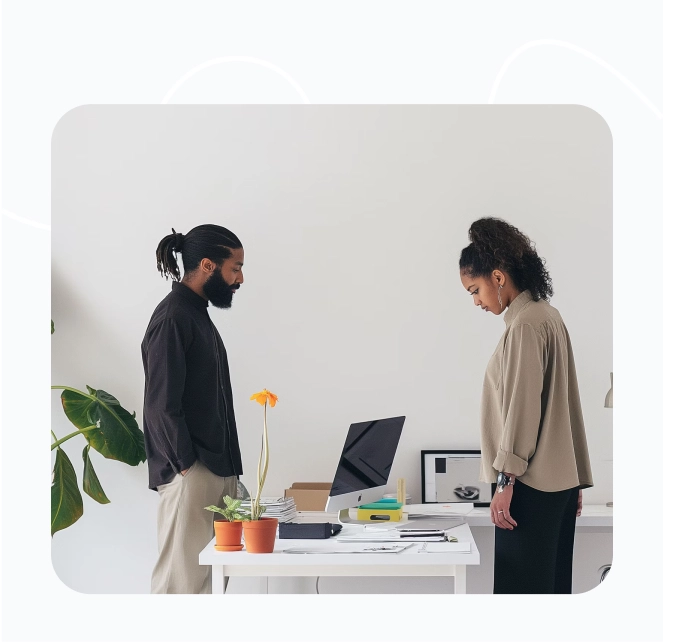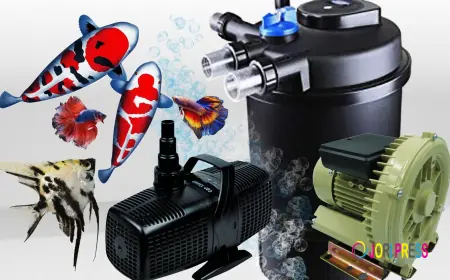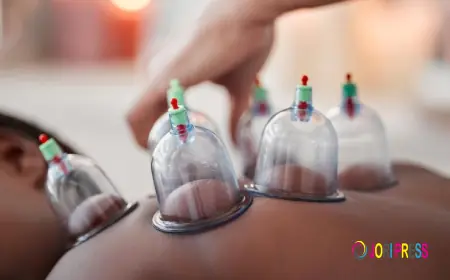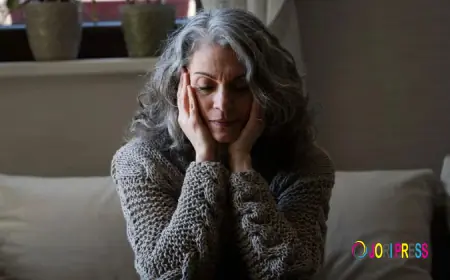Preparing for a Gastroscopy in Singapore: Diet, Risks & FAQs
Preparing for a Gastroscopy in Singapore: Diet, Risks & FAQs
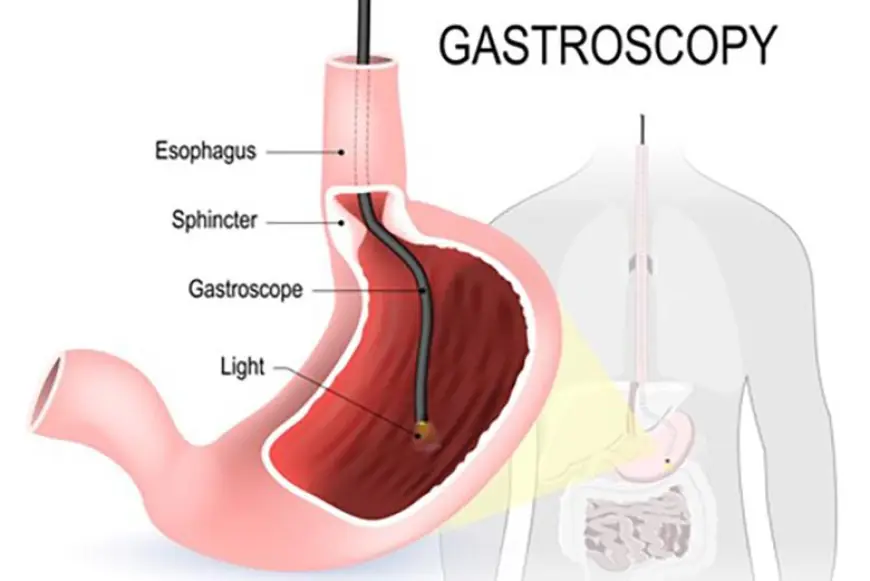
For individuals experiencing persistent upper abdominal discomfort, acid reflux, or unexplained vomiting, a gastroscopy in Singapore can be a vital diagnostic procedure. This minimally invasive test allows your doctor to directly view the lining of your oesophagus, stomach, and the upper part of the small intestine. At ARDEN JR SURGERY, we prioritise patient education and safety—this guide will walk you through how to prepare, what risks to consider, and answer commonly asked questions about the procedure.
What Is Gastroscopy?
Gastroscopy, also known as an upper endoscopy or OGD (oesophago-gastro-duodenoscopy), involves inserting a thin, flexible tube with a camera (endoscope) through the mouth and into the stomach and duodenum. The procedure helps in diagnosing conditions like gastritis, ulcers, hiatal hernias, polyps, and even early signs of stomach cancer.
It typically takes about 10–15 minutes and is often performed under local anaesthetic with mild sedation for patient comfort.
Why Choose Gastroscopy in Singapore?
High Standards of Care and Technology
Opting for a gastroscopy in Singapore ensures access to world-class medical infrastructure, experienced specialists, and advanced endoscopic technology. Clinics like ARDEN JR SURGERY offer a safe, comfortable environment with high-quality care and prompt diagnostic results.
How to Prepare for a Gastroscopy
Proper preparation is crucial to ensure accurate results and a smooth procedure. Here’s how to get ready:
Fasting Guidelines
You will need to fast for at least 6 to 8 hours before the procedure. This means no food or drink, including water. An empty stomach is essential for a clear view and to reduce the risk of aspiration during the procedure.
Medication Adjustments
Inform your doctor about any medications you’re taking, especially blood thinners, aspirin, insulin, or medications for diabetes and hypertension. Your doctor may advise pausing certain medications temporarily.
Medical History and Allergies
Make sure to disclose any history of allergies, especially to anaesthetics, iodine, or latex, and let your physician know about any past surgeries or chronic illnesses.
What to Expect During the Procedure
Gastroscopy is typically done as an outpatient procedure. Here's what you can expect:
- A local anaesthetic will be sprayed on the throat to numb it.
- You’ll lie on your side and receive light sedation to keep you relaxed.
- The endoscope will be gently inserted through the mouth and guided down to the stomach and duodenum.
- The doctor may take tissue samples (biopsy) if abnormalities are found.
- The entire process is usually painless but might feel slightly uncomfortable.
Post-Procedure Care
After the procedure, you'll be monitored for 30–60 minutes until the sedation wears off. You may experience:
- A sore throat
- Bloating or mild gas
- Drowsiness
Avoid eating or drinking until the throat numbness wears off (about 1 hour). It’s advised not to drive, operate machinery, or make important decisions for 24 hours post-sedation.
Risks and Complications of Gastroscopy
While generally safe, every medical procedure carries some level of risk. For gastroscopy in Singapore, these risks are rare but can include:
- Bleeding (especially if a biopsy or polyp removal is done)
- Perforation (a small tear in the lining of the stomach or oesophagus)
- Reaction to sedation or anaesthesia
- Infection (very rare)
Choosing a reputable clinic like ARDEN JR SURGERY significantly reduces these risks due to the experience of the medical team and stringent protocols in place.
Frequently Asked Questions (FAQs): Gastroscopy in Singapore
1. Is a gastroscopy painful?
Most patients report little to no pain due to the use of local anaesthetic and sedation. You may feel pressure or discomfort, but not pain.
2. How long does recovery take?
You can typically return to normal activities the next day. However, it’s best to rest on the day of the procedure.
3. Will I need someone to accompany me?
Yes, since you’ll be sedated, you should arrange for someone to take you home after the procedure.
4. Is gastroscopy covered by insurance?
Yes, in most cases, especially when deemed medically necessary. Check with your insurance provider or the clinic’s administrative team.
5. How often should gastroscopy be repeated?
This depends on your medical condition and doctor's advice. For example, patients with chronic gastritis or Barrett’s oesophagus may require more regular monitoring.
Choosing the Right Clinic for Gastroscopy in Singapore
Why ARDEN JR SURGERY?
At ARDEN JR SURGERY, we combine clinical expertise with a patient-centric approach. Our experienced surgeons use the latest equipment to perform gastroscopy in Singapore safely and efficiently. From preparation to recovery, we ensure each patient receives thorough support, comfort, and accurate results.
In conclusion, preparing for a gastroscopy in Singapore involves simple yet essential steps, including fasting, adjusting medications, and understanding what to expect before and after the procedure. When conducted by skilled professionals in a trusted facility like ARDEN JR SURGERY, it is a safe and effective diagnostic tool to assess upper gastrointestinal conditions. If you’ve been advised to undergo a gastroscopy, schedule your consultation today and take control of your digestive health.
What's Your Reaction?
 Like
0
Like
0
 Dislike
0
Dislike
0
 Love
0
Love
0
 Funny
0
Funny
0
 Angry
0
Angry
0
 Sad
0
Sad
0
 Wow
0
Wow
0

